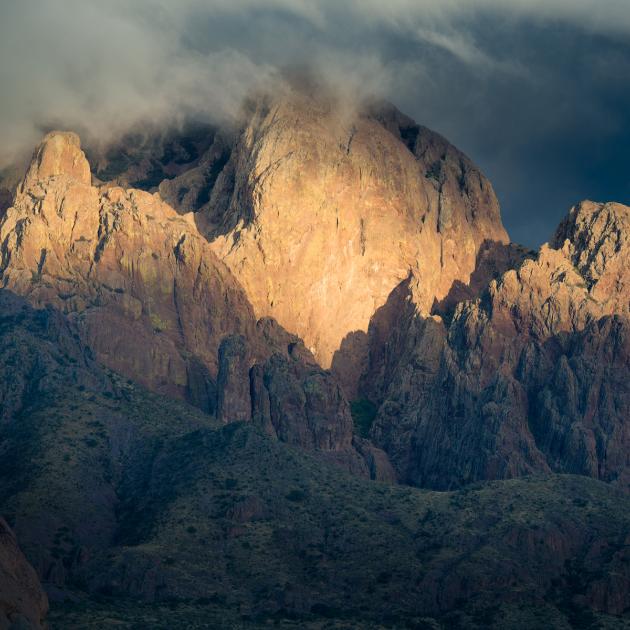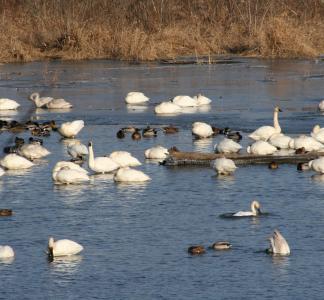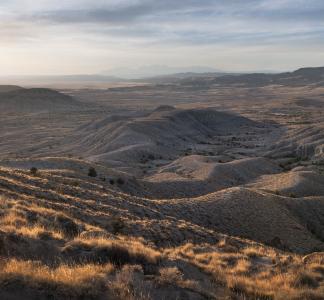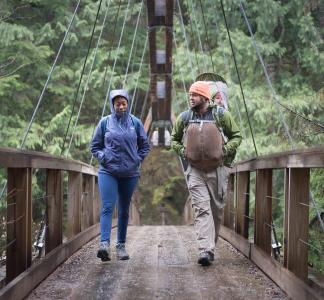Land and Water Conservation Fund fully funded after decades of uncertainty
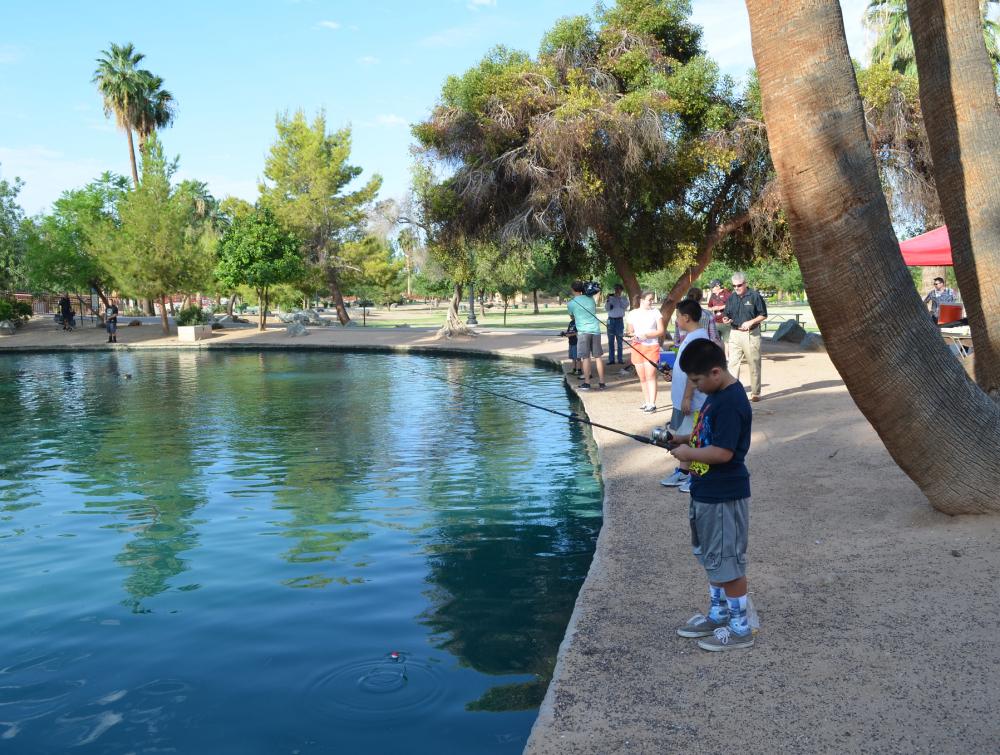
South Mountain Park in Phoenix, Arizona, has received grants through the Land and Water Conservation Fund
Department of the Interior, Flickr
Great American Outdoors Act funds LWCF, pays for national park maintenance backlog
For the first time since its creation in 1964, America’s most important conservation program will now be able to fulfill its potential as a tool for protecting wildlands and revitalizing communities.
The Great American Outdoors Act was signed into law on Aug. 4, permanently and fully funding the Land and Water Conservation Fund (LWCF), which is considered a crucial tool for guaranteeing access to public lands and helping ecosystems and communities mitigate and adapt to the effects of climate change.
“This incredible victory comes after years of bipartisan support and tireless leadership from long-term and recent champions in both the House and Senate, and reminds us that conservation of our shared outdoor spaces is something we can all come together on” – Jamie Williams, president of The Wilderness Society
“With today’s signing of the ‘Great American Outdoors Act’ into law, Congress has finally fulfilled the 55-year-old promise of the Land and Water Conservation Fund – the nation’s most effective program for strengthening communities through conservation and improved access to outdoor recreation,” said Jamie Williams, president of The Wilderness Society, in a statement.
This enormous victory wouldn’t have been possible without years’ worth of hard work by our members and supporters. That includes donations, time and energy chipped in to help us keep up the pressure on lawmakers in Washington DC; thousands of emails sent and phone calls made to congressional offices; passionate letters to the editor; and social media posts shared to elevate the issue and remind friends and family that public lands are worth fighting for.
It couldn’t have come at a more crucial moment. The COVID-19 pandemic has highlighted how important parks and public lands are to communities’ physical, mental and financial health. This bill will help on all fronts by revitalizing and improving access to shared outdoor spaces like local trails and city parks; addressing a backlog of maintenance needs for our national parks and other public lands; and even putting people to work on infrastructure projects and supporting the vital recreation, travel and tourism economy.

A swimming lesson at Roberto Clemente State Park in the Bronx, which was developed with grants from the Land and Water Conservation Fund
Meghan Parmentier, Wikimedia Commons
Bill puts an end to LWCF financial limbo
Since it was signed into law by President Lyndon Johnson, LWCF has been used to preserve millions of acres of land from coast to coast, including everything from the Grand Canyon to local parks, historic sites and trails. It has funded projects in every state and almost every county—all without depending on taxpayer dollars.
LWCF draws its money from the royalties of companies that drill for oil and gas on the publicly owned Outer Continental Shelf; in effect, it’s based on the idea that when you deplete the earth’s finite natural resources, some of the proceeds should pay to conserve and strengthen other natural resources—like our public lands and waters.
That royalty money goes into a trust fund to do a few different things. For one, it is used to buy inholdings—pieces of private land within the borders of national parks, forests, wildlife refuges and other protected sites—to help make public lands “whole” and simpler for agencies to manage. This makes it easier to protect habitat, ensure safe migration corridors for wildlife, expand opportunities for outdoor recreation and safeguard historic sites and resources.
Additionally, LWCF provides matching grants to states, local and tribal communities so they can create and expand parks, renovate existing sites, develop new recreation facilities and further recreation plans by acquiring land for state and local parks.
But while the far-reaching program’s annual funding level is set at $900 million, Congress has only twice seen fit to appropriate all of that money for its intended use. Lawmakers habitually raid LWCF’s trust fund to pay for unrelated projects, leaving vulnerable landscapes in limbo and diminishing opportunities for people to enjoy the great outdoors.
The Great America Outdoors Act will put an end to that precarious condition and enable LWCF to fulfill its potential to be the go-to tool for achieving equitable access to parks and nature; supporting the recovery and growth of our outdoor recreation and tourism economies; and making public lands part of the solution to the climate and extinction crises.
